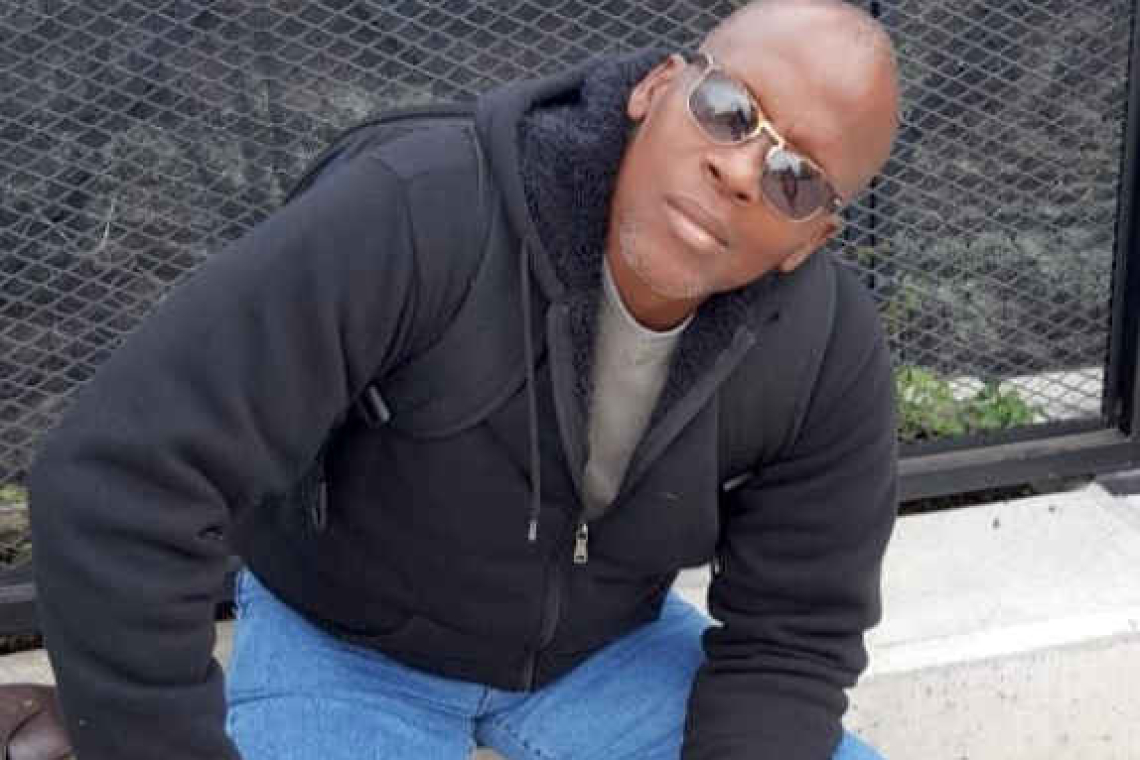A wake-up call that saved his life
Raymond Benjamin is a longtime public servant employed by the local government as project leader in national wastewater infrastructure projects. He has spent his career solving large-scale problems, but in 2018 he found himself facing a deeply personal challenge with a prostate cancer diagnosis. Now cancer-free, he’s sharing his story to help other men prioritize their health and early detection.
1. Raymond, how did you first find out that you had prostate cancer?
My first detection of myself being a victim of this disease was due to a growth that appeared on one of my legs below the knee. This made me a bit nervous at the time, so I went to my doctor who instructed me to get a blood test done. This also included a visit to a bone specialist who was at the medical center around that time. The growth was not cancer related (so I was told). It was just a cyst, which eventually went away, but my PSA reading was a bit high and my doctor at that time (Doctor Datema) recommended that I see the urologist, so he referred me to Doctor Ramos.
2. What did the follow-up tests involve?
My follow up test at that time after having a high PSA (5.8 reading) was to have an MRI test done, this test confirmed the diagnosis.
3. What was your initial reaction when you received the diagnosis?
Disbelief and a bit of shock and a broken spirit.
4. What kind of treatment did you opt for, and what was the recovery process like?
After discussing various options with the doctor (Dr. Ramos) who was very instrumental in my decision, I opted for brachytherapy. The recovery process was a bit challenging – fatigue and some other side effects.
5. How are you doing now?
I am doing great. On April 15, I was given the good news of being cancer-free. Follow-up is once a year – which is recommended for men at this age (in your 40s and up).
6. As someone who works in a demanding role in public service, how did you manage your responsibilities during this time?
I did slow down a bit and worked half-days, but I started some exercise routines, and my health steadily started getting better.
7. What health-awareness message would you like to share with other men – especially those in leadership or high-pressure roles?
In these stressful positions, we men must always balance our day-to-day lives through prayer, family time, and sports and use every opportunity to man-up and have our prostate test done at the best recommended time.
First, don’t wait for symptoms – I felt fine the day I was diagnosed. If I had waited, who knows how far it might have progressed? Second, talk about it. Men tend to bottle things up or assume it's a weakness to discuss health issues. But the more I talked, the more I learned, and the more supported I felt – in particular, about this subject. Third, make your health a priority, even when work is demanding. I’ve led critical infrastructure projects, but no project is more important than your health. And above all, have a good, loving relationship with your spouse or companion; my wife was a great support for me during that time.
8. How has this experience changed your perspective personally or professionally?
It’s been a wake-up call. This disease has been around for a long time and has taken many lives due to ignorance from men (ego… taboo talk machismo attitudes) and the lack of sharing information on getting help properly and professionally.
9. What advice would you give to someone who just received a similar diagnosis?
Know that being informed of the condition is NOT THE END for you. Follow ALL procedures that your specialist advises you to follow and put all in God’s hands.
10. What’s next for you?
I would not really say “next” – but along the course of my life, I want to hold on to the winning stages, know that a defeat is temporary (because I am still here), share love and knowledge, and treat others the way I like to be treated. My focus now is to live intentionally – at work, at home, and in taking care of myself.







